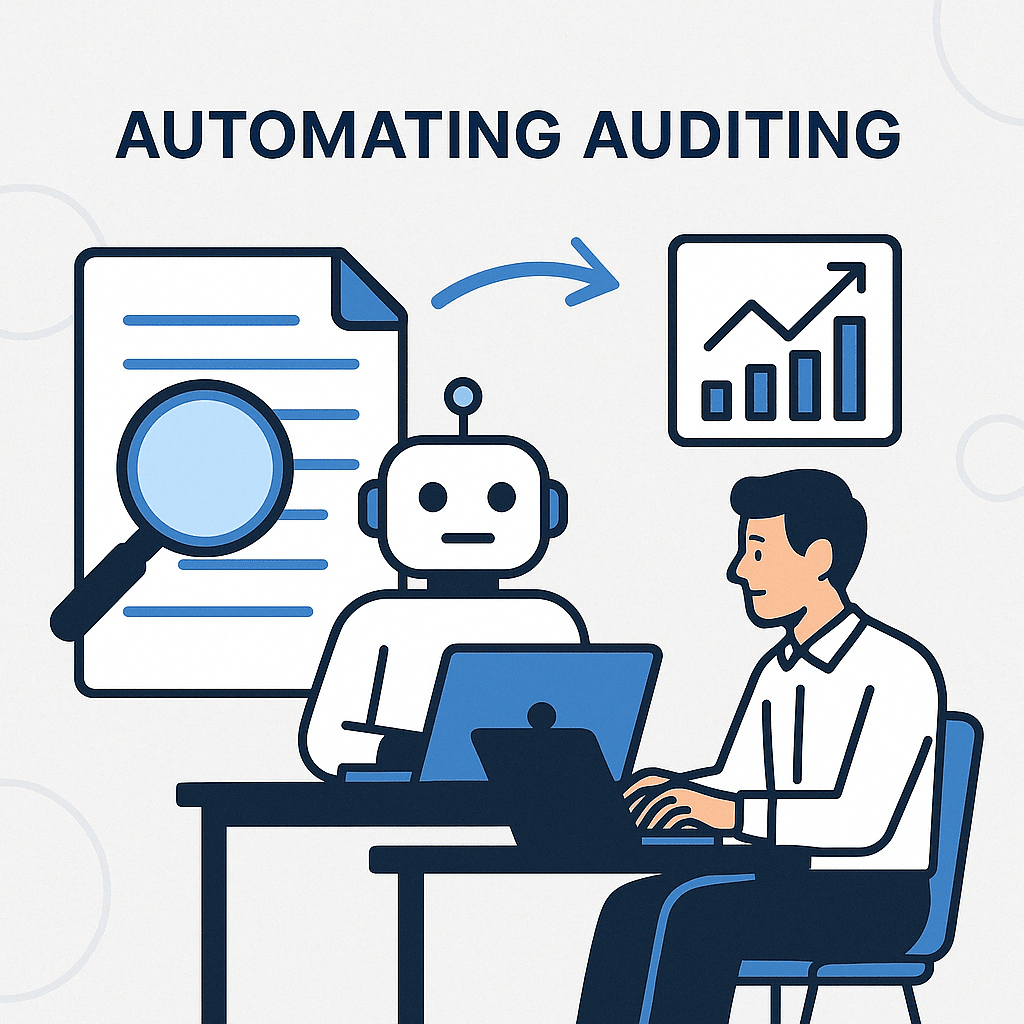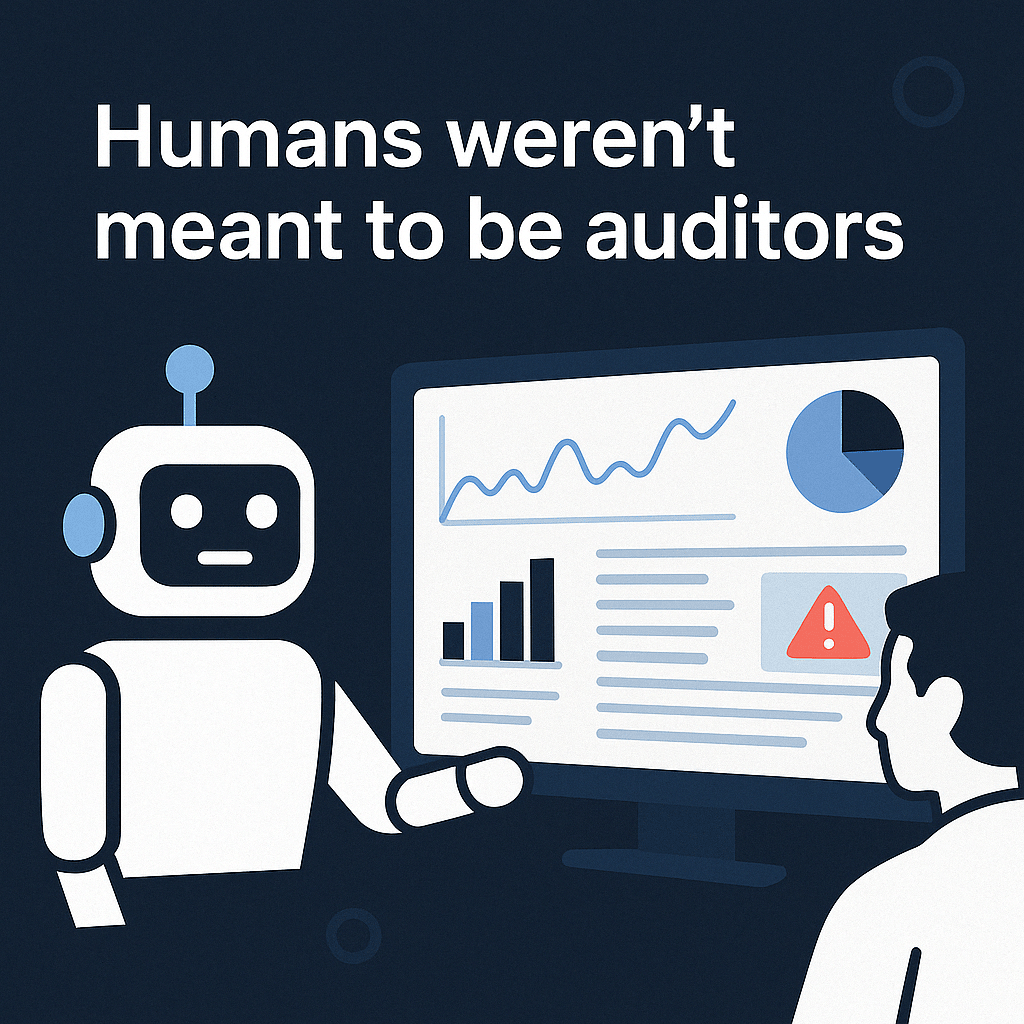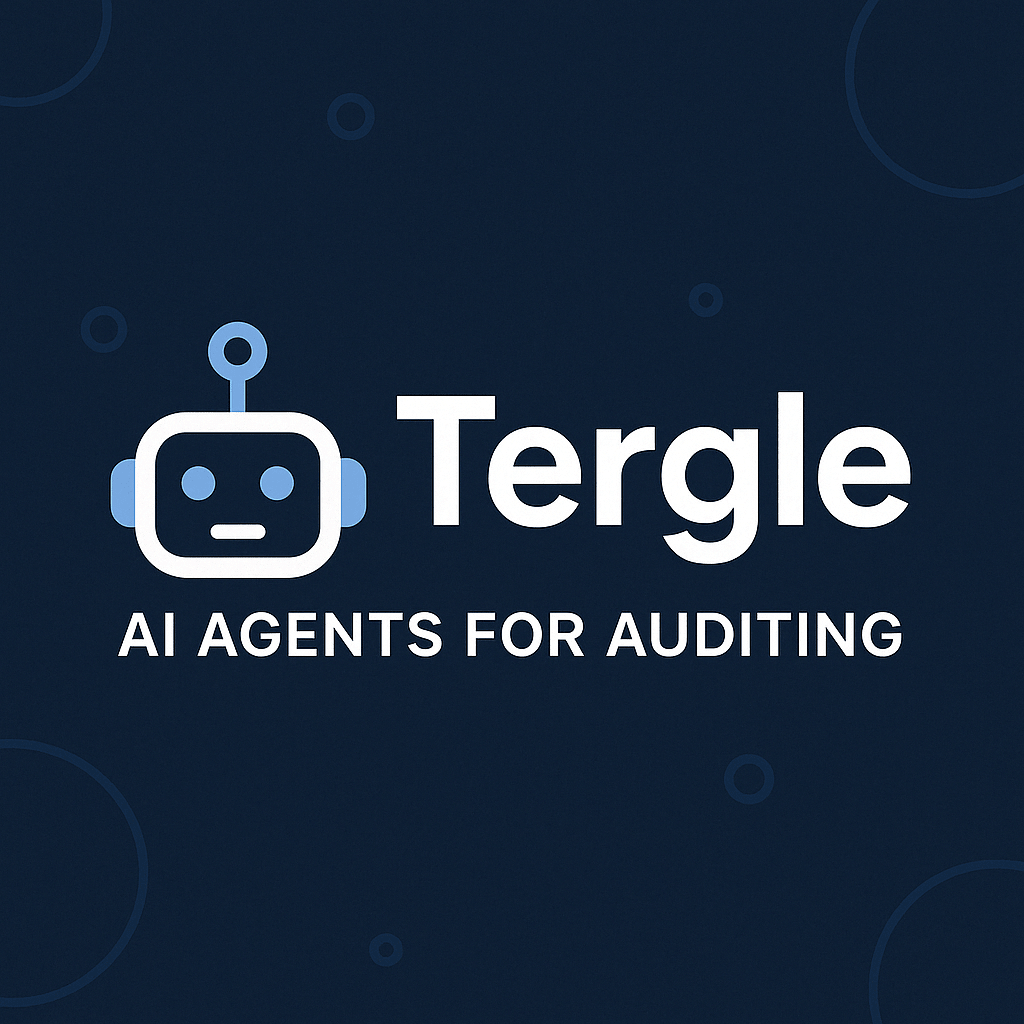Meet Tergle: The Startup Making Auditors Love Their Jobs Again
Tergle is a San Francisco-based startup founded in 2024 by childhood friends William and Adam, who met in school in England and have been entrepreneurial collaborators since their early teens. Their previous venture—a nonprofit EdTech platform—scaled to over 500 schools across the UK. Now, they’re turning their sights to a sector that desperately needs innovation: auditing.
Their motivation for launching Tergle is deeply personal. Adam’s father worked as an internal auditor, and from this first-hand perspective, the duo witnessed the stagnation in auditing technology. The manual processes, the reliance on spreadsheets, and the mountain of documentation gave them a clear mission: to modernize auditing through intelligent automation.
Why Has Auditing Technology Stalled for Two Decades?
Despite being a core pillar of the financial world, the auditing profession hasn’t evolved much in the last twenty years. The global audit market, led by the Big Four accounting firms, is worth over $70 billion annually. And yet, audit processes still hinge on outdated tools, human labor, and manual cross-checking.
Many firms continue to:
- Outsource simple document processing to offshore workers or interns
- Rely on spreadsheets and legacy systems for data analysis
- Spend thousands of hours on tasks that could be easily automated
There’s a clear disconnect between the size of the industry and the pace of innovation within it. And that’s the problem Tergle aims to solve.
What Problem Is Tergle Solving?
Tergle believes the current state of auditing is fundamentally broken. Human auditors spend vast amounts of time reviewing dense financial reports, verifying data line-by-line, and reconciling documents across departments and systems. It’s not only inefficient—it’s prone to human error.
Moreover, this reliance on manual labor is incredibly costly. Billions are spent every year on tasks that could be completed faster, more accurately, and more securely by artificial intelligence. But despite the obvious opportunities, audit teams have been slow to adopt AI solutions, often due to integration challenges or concerns over trust and accuracy.
Tergle steps in with a bold promise: to create customizable AI agents that automate repetitive audit tasks and plug seamlessly into existing workflows.
How Does Tergle’s AI-Powered Solution Work?
Tergle’s AI agents are designed specifically for internal and external audit teams. These aren’t generic tools—they’re tailored, intelligent assistants that understand the nuances of audit processes, whether it's checking transactional consistency, flagging anomalies, or validating documentation.
Key features of Tergle’s solution include:
- Instant Deployability: Tergle’s agents can be integrated into an existing audit toolset with minimal disruption. A single setup enables rapid productivity gains.
- Customizability: Every audit team operates differently. Tergle allows for specific workflow training and human-in-the-loop controls, so auditors can review and approve decisions.
- Reliability: Whether auditing procurement, expense reports, or financial statements, Tergle guarantees performance improvements and offers measurable efficiency metrics as part of its implementation.
This approach not only makes auditing faster and cheaper, but it also improves accuracy and gives human auditors more time to focus on high-level analysis rather than grunt work.

Who’s Using Tergle Already?
While still a young company, Tergle has already attracted the attention of billion-dollar companies seeking to improve their audit functions. These organizations see Tergle as a key enabler of digital transformation, offering an edge in risk management, compliance, and internal controls.
Because Tergle integrates easily into current systems, clients don’t need to rip and replace their existing infrastructure. Instead, they simply layer in Tergle’s AI agents to augment their current workforce.
Early adopters have reported faster audits, lower costs, and higher confidence in audit findings. With human oversight still in place, trust and transparency are preserved—an essential requirement in such a sensitive industry.
What Sets Tergle Apart from Other AI Tools?
The AI landscape is filled with general-purpose tools and platforms. But Tergle isn’t a horizontal solution—it’s vertical AI built specifically for auditing. That means the startup deeply understands the unique pain points of auditors, compliance officers, and financial controllers.
A few factors that differentiate Tergle include:
- Deep Domain Knowledge: The team’s understanding of auditing, including legacy constraints and stakeholder needs, allows them to build more useful and trusted tools.
- Founders with Execution Experience: William and Adam aren’t new to startups. Their prior experience scaling an EdTech nonprofit has taught them how to build, grow, and support a technology platform in highly regulated environments.
- Ethical AI Philosophy: Tergle doesn’t aim to eliminate auditors—it wants to elevate them. The AI agents handle routine work so humans can focus on what truly matters: strategic decision-making, oversight, and exception handling.
What’s Next for Tergle?
Tergle’s roadmap includes expanding its AI agent capabilities to cover additional areas of financial auditing, from ESG compliance to fraud detection and tax audits. The team is also working on deeper analytics features, enabling organizations to gain insights from audit data over time, not just during audit season.
The founders are committed to open communication with regulators and audit standards bodies to ensure their technology aligns with evolving compliance frameworks. As the industry warms up to automation, Tergle is well-positioned to lead the charge with its hybrid model of AI + human collaboration.
In the near future, Tergle may also explore partnerships with audit software providers or even the Big Four themselves—firms that could use Tergle to modernize their own legacy processes.
Could Tergle Redefine the Role of the Auditor?
In many ways, yes. By offloading repetitive tasks to intelligent agents, Tergle is not just enhancing productivity—it’s redefining what auditors can be. Freed from spreadsheet drudgery, future auditors can become data-driven strategists, ethical overseers, and advisors to the business.
This shift mirrors broader trends in finance and compliance, where automation and AI are augmenting human expertise rather than replacing it. In this new landscape, firms that adopt tools like Tergle will have a competitive edge in speed, accuracy, and cost-efficiency.
As William and Adam put it: “Humans weren’t meant to be auditors—but they can be brilliant ones with the right tools.”

Conclusion: Is Tergle the Future of Audit?
All signs point to yes. Tergle represents a rare blend of domain-specific AI, thoughtful product design, and founders with both personal motivation and startup savvy. In an industry starved for innovation, Tergle’s vision of intelligent audit automation is as timely as it is necessary.
By empowering auditors—not replacing them—Tergle is building a future where audits are faster, more reliable, and far less painful.

